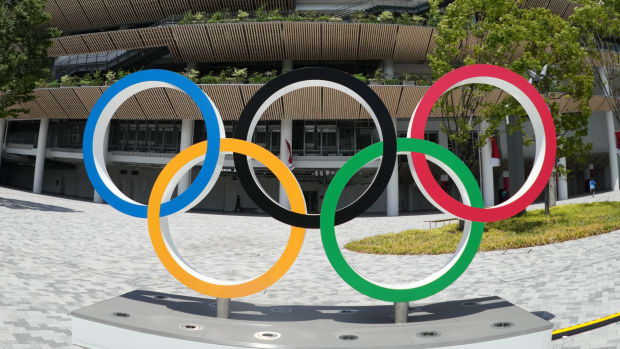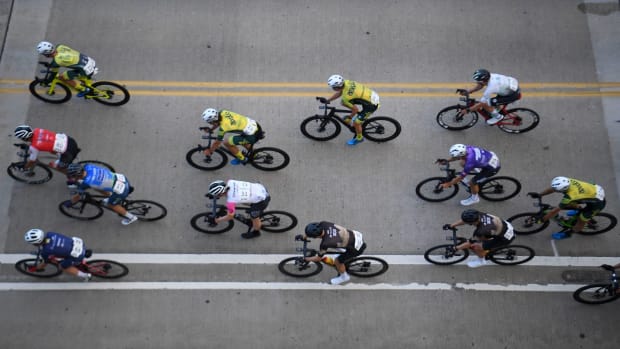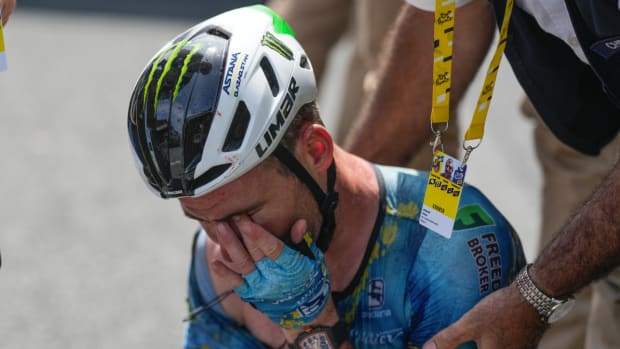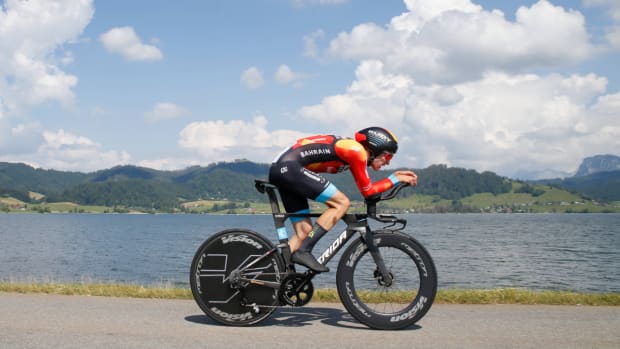Agencies say they have Operation Puerto blood samples
AIGLE, Switzerland (AP) The World Anti-Doping Agency and cycling's governing body announced Wednesday that they are in possession of samples of blood and plasma bags seized and stored as part of the Operation Puerto case.
The UCI and the World Anti-Doping Agency said in a joint statement that the samples have been stored in an accredited laboratory outside of Spain.
They said they ''will continue their joint investigation into Operation Puerto, and will consider all possible legal options.''
Last month, a Spanish court ruled that more than 200 blood bags in the decade-old case should be handed over to sports authorities for investigation. Spanish officials said, however, that no retroactive punitive sanctions could be pursued against any athletes because the statute of limitations has expired.
In its ruling last month, the Madrid Provincial Court said the bags containing blood samples and plasma should be given to the Spanish Cycling Federation, WADA, the UCI, and Italy's Olympic Committee.
The move came 10 years after police seized 211 coded blood bags from the Madrid clinic of sports doctor Eufemiano Fuentes, revealing a doping network involving some of the world's top cyclists.
The court's decision backed an appeal by lawyers for prosecuting parties against a 2013 court ruling that the bags should be destroyed for privacy reasons.
The 2013 order to destroy the blood bags outraged the sports community. Spain's anti-doping agency, the International Cycling Union and the World Anti-Doping Agency were among the entities that appealed.
More than 50 cyclists were originally linked to the case. Among those eventually suspended were former Tour de France winner Jan Ullrich, Spanish Vuelta champion Alejandro Valverde and Ivan Basso, who later confirmed that his blood was among the frozen samples found.
Fuentes said during the 2013 trial that he also worked with athletes from other sports, but the judge back then said he didn't have to name anyone who was not implicated in the cycling case.
Speculation has been rife that the release of the bags, which have been stored at a lab in Barcelona, could stir up another scandal if identities of new athletes are revealed.
An eight-year WADA statute was in place in 2006 when the scandal first broke, and the period was recently extended to 10 years.




